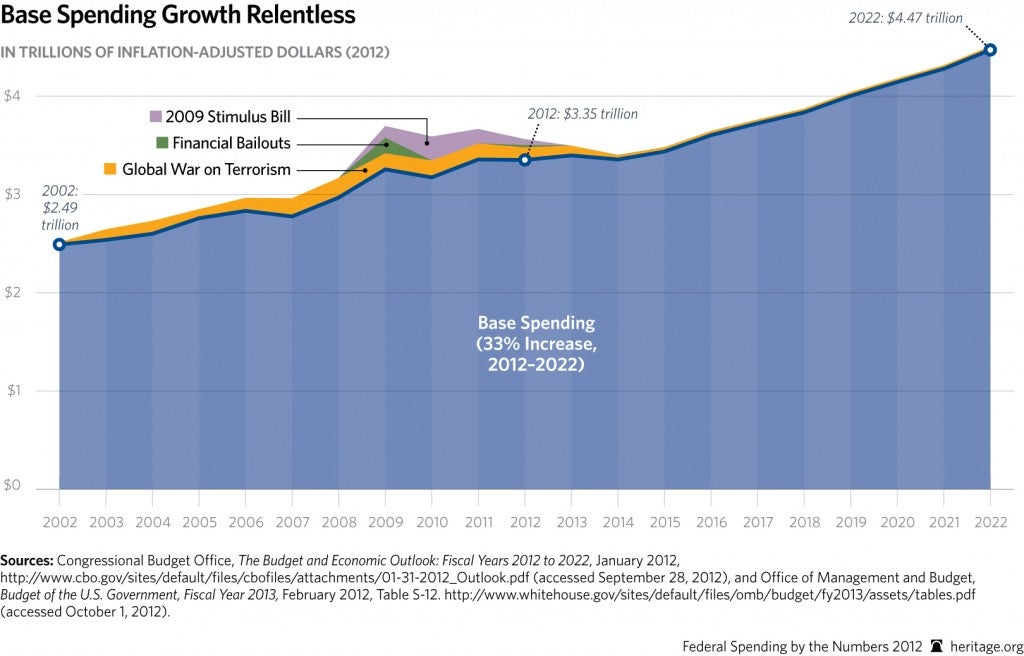President Obama hinted toward at least one aspect of his second-term agenda during yesterday’s inaugural address: more transportation “investment.”
No surprise there. Obama’s past budget requests, State of the Union speeches, and the American Jobs Act of 2011 plan have all been peppered with calls for increased federal spending on transportation and infrastructure. Last year the mantra was to create “An America Built to Last,” while more recently it was the simple charge to move “Forward.”
No matter the political or policy vehicle—whether campaign, speech, or budget—the underlying policy presumption is deeply flawed. Borrowing money to spend on transportation and infrastructure does not jumpstart the economy. Americans saw that on full display in Obama’s first term when the first stimulus package failed to generate aggregate job creation. If it had succeeded, we could expect the economy to be in much better shape now instead of trudging forward reluctantly.
Worse still, American taxpayers have to pay for this deficit spending. The first round of stimulus was piled onto already increasing federal spending, which itself is the main contributor to current massive and unsustainable budget deficits. Future generations in particular will be forced to pay for such irresponsibility, and their bill will be even more outlandishly high if Washington does not rein in federal spending now.
The Heritage Foundation’s J. D. Foster, PhD, describes the problem:
Government borrowing means less money available to the private sector to spend. So government deficit spending goes up, and dollar-for-dollar private spending goes down. America’s resources are generally speaking spent less wisely, and the federal debt is unequivocally higher.
President Obama undoubtedly will ask Congress for increased authority to spend on high-speed rail and other transit, highways, and bridges in his upcoming fiscal year 2014 budget request. We certainly need good, safe roads and other infrastructure in order for sectors of our economy to flourish. But as the laundry list of recent green energy failures illustrates, Washington has a terrible record of fiscal responsibility when it picks winners and losers.
The President should avoid doubling down on failed federal stimulus spending on transportation and instead put forth reforms that control spending and give states more responsibility and flexibility in meeting their transportation needs.
































